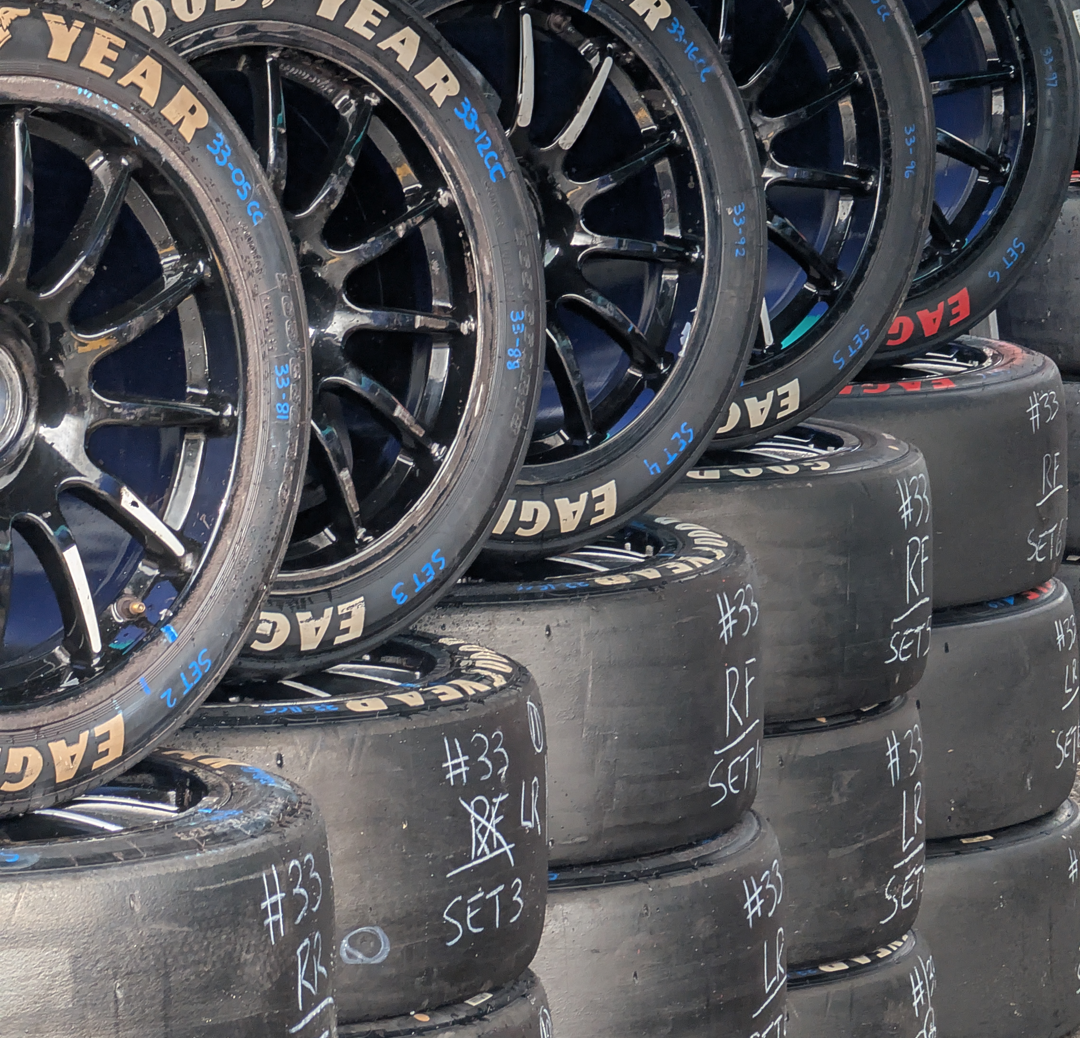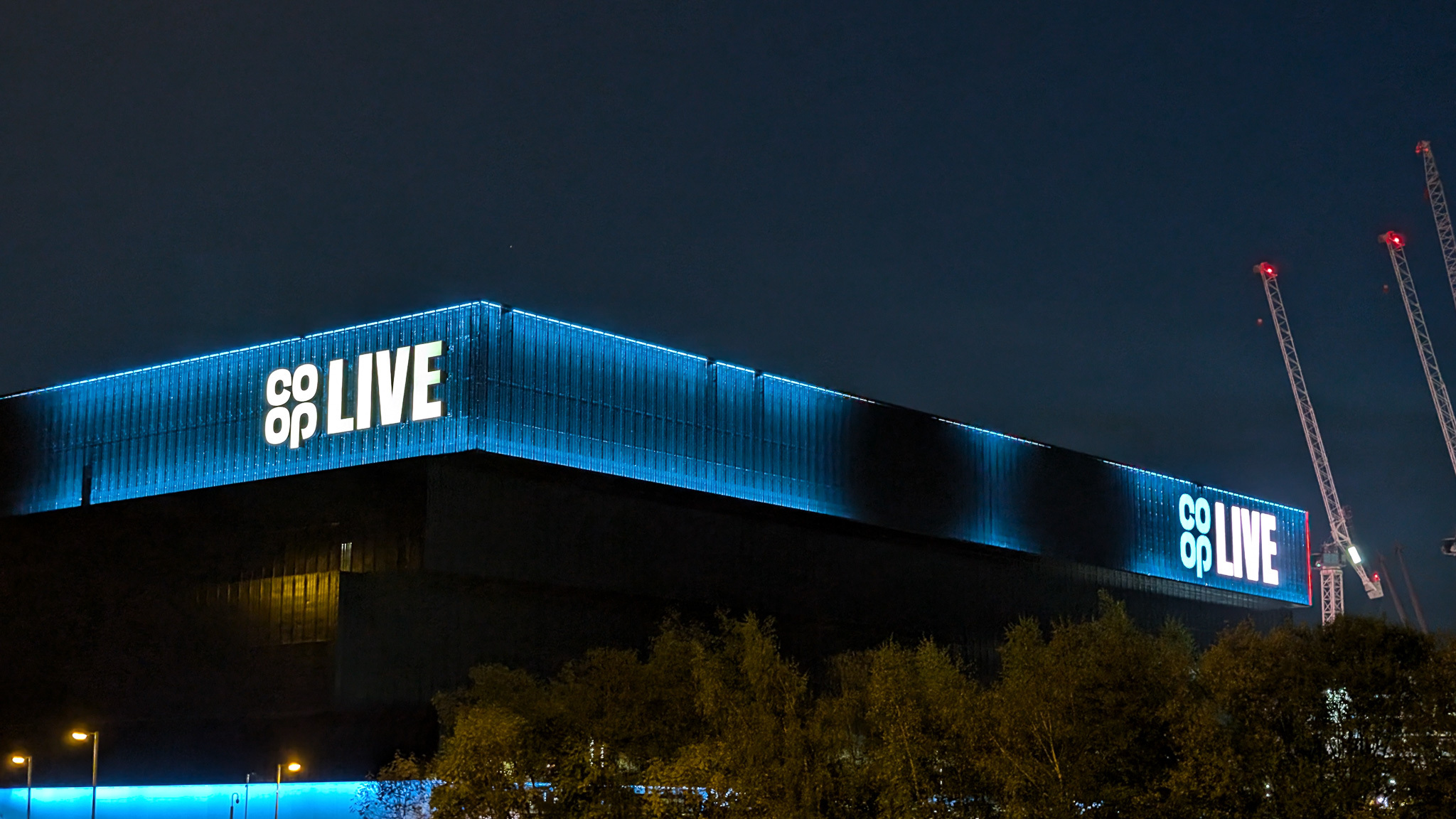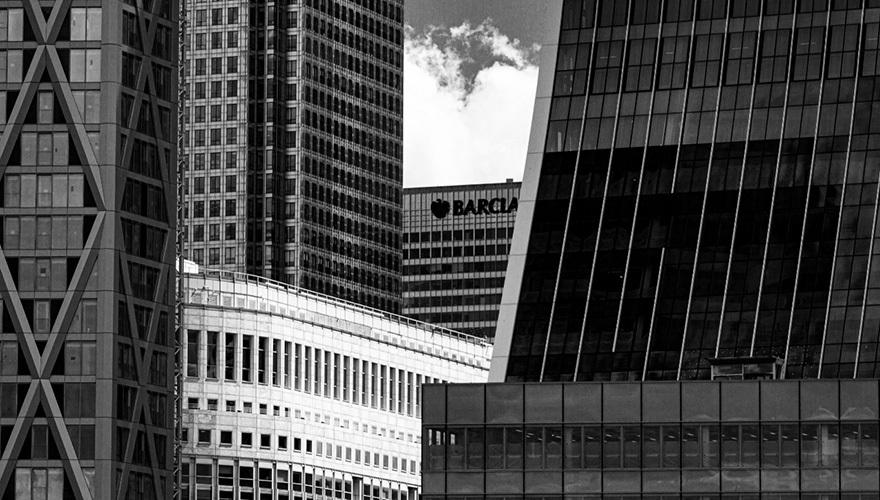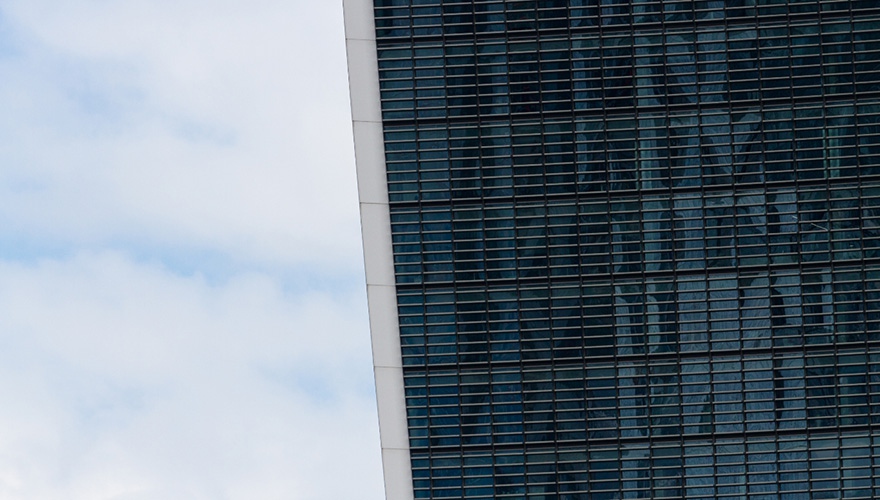Insights

28/07/2025
A note from Al Simmonite, Managing Director, Advance Consultancy:
An article I stumbled across over a quiet Sunday coffee (yes, this is my idea of light reading…) got me thinking. And when that happens, well, here we are…
By 2030, just around the corner, 39% of the skills we use in our jobs will be completely different from today.
Let that land for a moment.
When I raise this topic in conversation with colleagues, we often end up with the same questions :
What does this shift mean for us? For our people? Is AI a threat, an opportunity, or both?

What’s really changing? And it’s not just tech.
What struck me most in the WEF findings is that while AI, big data and digital fluency are essential, so too are creativity, resilience, and what they now call curiosity and lifelong learning.
In other words, the most human skills are becoming more valuable, not less. (Side note: these are not soft skills, they’re survival skills.)
The numbers make it clear:
- 22% of jobs will be disrupted by 2030.
- 170 million new roles will be created.
- 92 million will disappear.
But behind those big stats are real people, real teams, and real leaders figuring out how to navigate this without losing what makes their organisations special.
Here’s the reality few want to say out loud: This isn’t just a training problem. It’s a leadership and culture challenge.

Leading through fog.
In uncertain times, I’ve seen leaders do one of two things: tighten their grip and micromanage, or freeze in analysis paralysis. Neither works when the ground keeps shifting under your feet.
The leaders thriving in this new era share something in common. They’ve learned to hold paradox:
Deliver performance while building new capabilities.
- Provide stability while encouraging experimentation.
- Be decisive while staying curious about whether they’re right.
Most importantly, they create environments where teams feel safe to learn out loud. Where failure is data, not disaster. Where “What did we learn?” is asked as often as “What did we achieve?”

The culture that makes or breaks it.
A team I once worked with sticks in my mind, brilliant individuals, engaged and capable. On paper, they should have been a powerhouse. But their culture rewarded being right over being curious. Having the answer mattered more than asking better questions.
When the environment started to change fast, that became their Achilles heel.
The organisations adapting best right now are different. They build what I call collaborative intelligence:
Human creativity + technological capability, side by side.
Continuous learning, not as an HR initiative but as how work gets done.
Alignment between systems (ways of working), structures (decision-making), and culture (leadership and values). Each dimension supports and reinforces the others.

Where professional collaboration fits.
This is why the work we do at Advance matters more than ever.
We don’t arrive with a cookie-cutter solution, the world is changing too fast for that to work.
Instead, we build your capacity to adapt, again and again.
We challenge comfortable assumptions (sometimes uncomfortably). We support teams to experiment safely. We help embed continuous transformation into daily life, not bolt it on as “another initiative.”
Because that’s what this moment needs, not more generic advice, but genuine partnership to build the capabilities that keep you learning faster than the world changes.

The conversation that matters.
So here’s what I keep asking leaders:
How ready is your organisation, really, for this level of ongoing change?
Most leaders I speak with admit they’re not. They know they need new capabilities, different cultures, and fresh ways to support people. But knowing and doing are not the same thing, especially when you’re trying to deliver results at the same time.
The transformation you need for 2030 begins with the conversations you’re having (or avoiding) today.
It starts by getting honest about your current adaptive capacity, and being brave enough to build new muscle while staying strong in what works.
Ready to talk about what’s next?
If any of this strikes a chord, if you’re ready to challenge assumptions about leadership, culture and capability in your context, we’d love to talk.
The skills revolution isn’t coming. It’s here. And the organisations that thrive won’t be the ones that wait, but the ones that get uncomfortable and get moving.
Ready to start?
Let’s explore what’s possible together.

Insights
When Hero Leadership Becomes the Problem

Insights
Why Britain's Devolution Revolution Has Every Chance of Success

Insights
The False Harmony Trap

Insights
Northern Powerhouse Rail: What the Development Phase Needs to Get Right

Insights
Why Collaboration Theatre Fails Complex Projects

Insights
The Unspoken Barrier to Project Success

Insights
The Professional Collaboration Series: Blog 8 of 8: Making It Real: Integrated Implementation of Professional Collaboration

Insights
The Professional Collaboration Series: Blog 7 of 8: Challenge-Support-Evolve: Disagreement as Collaborative Practice

Insights
The Professional Collaboration Series: Blog 6 of 8: The Reinforcement Paradox: When Disagreement Strengthens Collaboration

Insights
The Professional Collaboration Series: Blog 5 of 8: The Licence Problem, Part 2: How Your Systems Silence Dissent (Without Anyone Noticing)

Insights
The Professional Collaboration Series: Blog 4 of 8: The Licence Problem, Part 1: Why Structure Determines Who Can Challenge Whom

Insights
The Professional Collaboration Series: Blog 3 of 8: The Courage Deficit: Why Knowing What to Say Isn't Enough

Insights
The Professional Collaboration Series: Blog 2 of 8: The Three Dimensions That Make Disagreement Work (or Fail)

Insights
The Professional Collaboration Series: Blog 1 of 8: The Three Hidden Reasons Disagreement Fails in Complex Environments

Insights
Community Rail Conference: A Celebration of Collaboration and Passion

Insights
Building Foundations: Advance's Canadian Infrastructure Journey Takes Shape

Insights
The SDG Integration Opportunity: From Parallel Progress to Connected Impact

Insights
Mental Health Doesn’t Take a Day Off – and Neither Should We

Insights
Why Big Infrastructure Projects Are Struggling with Biodiversity Net Gain (And How Better Collaboration Could Change Everything)

Insights
What I Hope to Bring to the Advance Party

Insights
The Deeper Story Behind Our Numbers

Insights
Advance Joins SME Alliance Partners on UK Government’s CCS Management Consultancy Framework Four (MCF4)

Insights
From Ashes to Grid: How Power Maxed Racing Redefined What's Possible in Five Days

Insights
Beyond “That’s Really Good”

Insights
What the UK’s Infrastructure challenges reveal about strategic leadership

Insights
A new way to map your leadership team.

Insights
Building ‘What If?’ Cultures

Insights
The problem with 'nice' teams...

Insights
You don’t become a leader when you get a job title.

Insights
Kindness > Capability (And here’s the data to prove it)

Insights
What no one’s telling high performers about burnout…

Insights
The question you should be asking…

Insights
Energy for Impact

Insights
Advance Consultancy Partners with Community Rail Network to Drive Sustainable Development

Insights
Are you Keane on Teamwork?

Insights
Real People, Real Impact: The Essence of Social Value

Insights
Advance's B Corp Journey to Certification

Insights
MVP or... MVP…

Insights
One Blog a Year (OK, maybe two..) like this will see me right

Insights
My First "6 Weeks" in Advance

Insights
One Blog a Year like this will see me right

Insights
The Phone Call I wish I stopped receiving….

Insights
Biting the Bullet

Insights
The Problem with Mergers …

Insights
The Start of Advance's Sustainability Journey

Insights
Skills for the Next Quarter Century

Insights
The Advance Reading List – Part 1

Insights
What has Colin the Caterpillar got to do with leadership development? (Learn2Develop - Part 2)

Insights
When Greta met Russell … becoming a reluctant leader

Insights
Trust & Productivity – the Private Sector Construction Playbook

Insights
What has Sustainability ever done for us?

Insights
We’re really not that clever…

Insights
Learn 2 Develop – Part 1 by Al Simmonite

Insights
What’s in a name? Moving from Respect-Challenge-Deliver to Challenge-Support-Evolve

Insights
A tough Week, or was it?

Insights
Paradoxes & The Advance Consultancy

Insights
The importance of heritage

Insights
DOs and DON’Ts of Returning to Work post Lockdown - A Leadership Perspective

Insights
Been there, done it… lost the T-shirt?

Insights